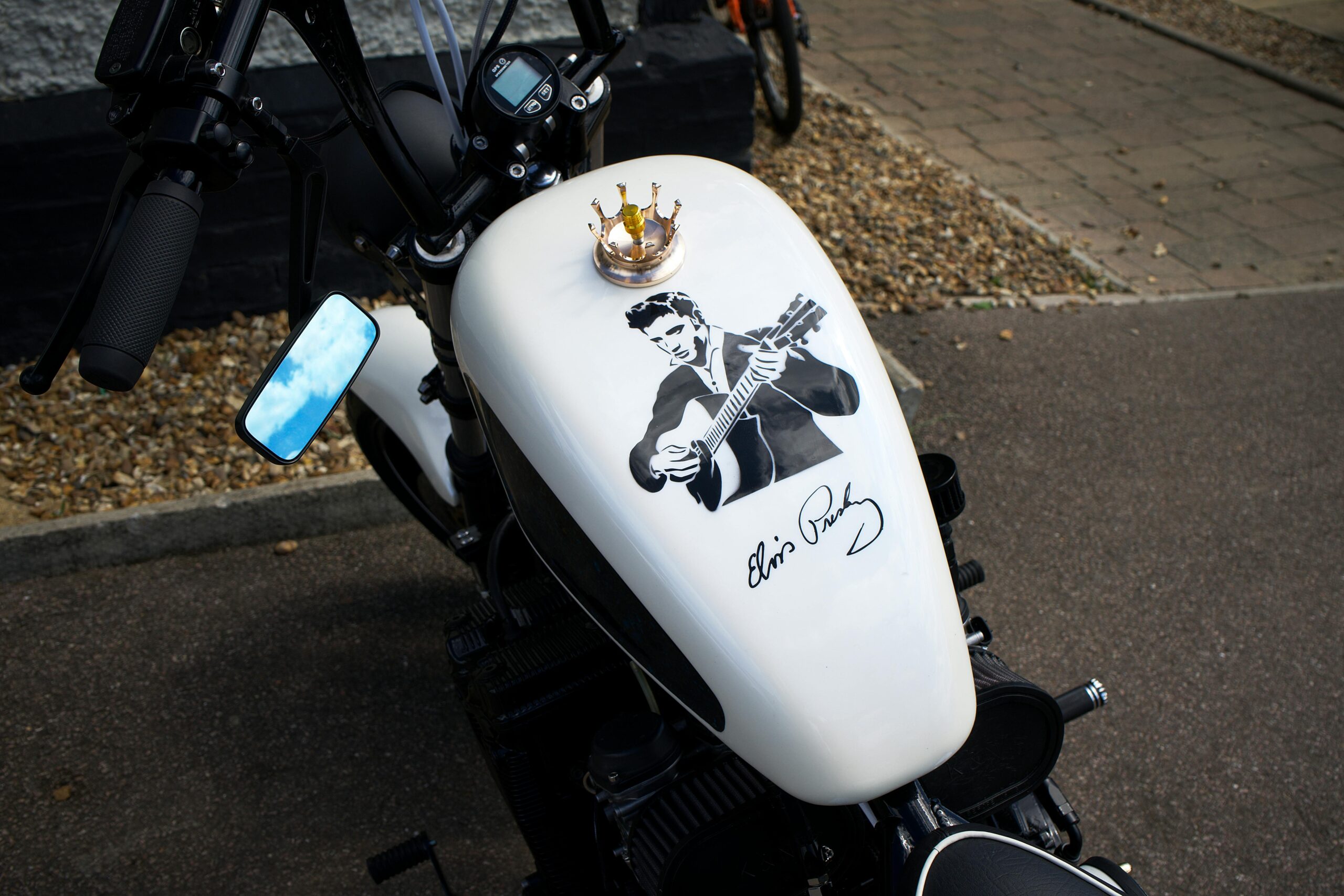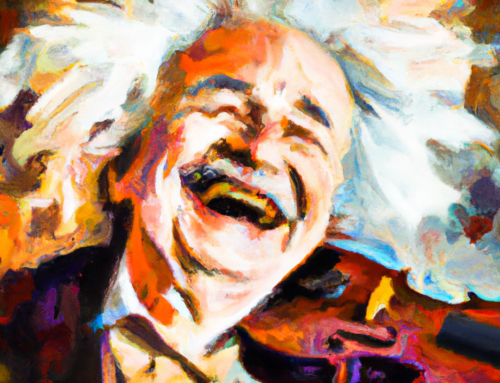In the dynamic world of marketing, celebrity endorsement deals have become a ubiquitous strategy for brands aiming to capture consumer attention and build brand affinity. Think Madden Football or the George Forman Grill. In these instances, the product and the celebrity became synonymous in the minds of consumers.

Such partnerships leverage the fame, influence, and credibility of well-known personalities to promote products and services, creating a powerful connection between the celebrity and the brand. While the allure of associating with a famous face is evident, the impact of celebrity endorsements extends far beyond the surface, encompassing various aspects of consumer behavior and brand perception. The psychology behind celebrity endorsements is closely related to the Pavlovian principle of conditioned behavior: the celebrity “rings our bell” so to speak and then we salivate for the product.
Celebrity endorsements are powerful because they leverage the fame, credibility, and influence of these well-known personalities. When a celebrity endorses a product, it creates a sense of trust and aspiration among consumers. People often associate the qualities and success of the celebrity with the endorsed product, making it more desirable and increasing its market value.
Some prime examples of successful celebrity endorsements are Michael Jackson, P-Diddy, and Michael Jordan.
My old friend and client, Frank Dileo, managed Michael Jackson most of his life until his untimely death. Frank put together one of the most lucrative deals in the entertainment industry up until that time, garnering millions of dollars from Pepsi by playing them against their arch-rival Coca-Cola. That deal made Michael Jackson the “face of a new generation.”
P-Diddy, also known as Sean Combs, is not only a talented musician and producer but also a savvy businessman. He has used his influence and personal brand to endorse various products, from clothing lines to fragrances. His endorsement of Ciroc Vodka, for instance, played a significant role in the brand’s success, boosting sales and increasing its popularity among consumers.
Another iconic figure in the world of celebrity endorsements is Michael Jordan. The legendary basketball player has endorsed numerous brands throughout his career, most notably Nike’s Air Jordan line. His partnership with Nike revolutionized the sneaker industry and created a cult-like following for the Air Jordan brand. It is rumored that Jackson received a 5% stake in the brand, earning him around $1.3 billion in 2020.
There are several key goals for a company when they consider building a successful celebrity endorsement campaign:
- Building Trust and Credibility. One of the primary advantages of celebrity endorsement deals is the ability to build trust and credibility with consumers. Celebrities often have established personas that resonate with specific target audiences. When a beloved figure aligns themselves with a brand, their endorsement can transfer a sense of authenticity and reliability to the product or service. This trust, earned through the positive perceptions associated with the celebrity, can significantly influence consumer decisions and contribute to brand loyalty.
- Expanding Reach and Visibility. Celebrity endorsements offer brands an unparalleled opportunity to expand their reach and increase visibility. A celebrity’s fan base provides an existing and engaged audience, creating a platform for the brand to communicate its message to a broader demographic. Whether through traditional advertising channels or social media, where celebrities often have massive followings, the collaboration enhances the brand’s exposure and can lead to increased brand awareness.
- Creating Emotional Connections. Successful marketing goes beyond the functional attributes of a product and taps into the emotional connection consumers have with a brand. Celebrities, as cultural icons, evoke emotions and aspirations. By associating a celebrity with a brand, marketers aim to create an emotional link between the consumer and the product. Whether it’s the thrill of emulating a favorite celebrity or the desire to be part of a lifestyle associated with fame, emotions play a pivotal role in shaping consumer behavior.
- Navigating Risks and Challenges. While the benefits of celebrity endorsement deals are evident, there are inherent risks and challenges. The personal conduct and public image of a celebrity can have a profound impact on the success of a campaign. Scandals or controversies involving the endorser may lead to negative associations with the brand. This is handled contractually through the insertion of a key non-disparagement clause. Companies exercise such clauses when an endorser, such as Tiger Woods, is exposed for cheating on his wife, and his downfall affects the public image of the associated brand. The authenticity of the partnership must be maintained to avoid consumer skepticism.
So, whether it’s Michael Jackson hawking soda pop, P-Diddy promoting liquor, or Michael Jordan schlepping sneakers, celebrity endorsements have proven to be a highly effective marketing strategy. They not only drive sales but also enhance brand recognition and consumer loyalty.






